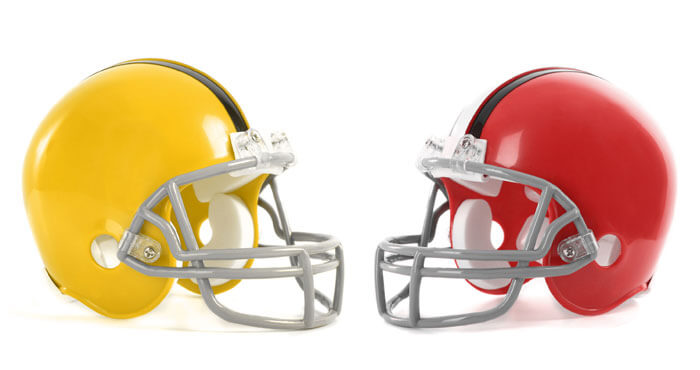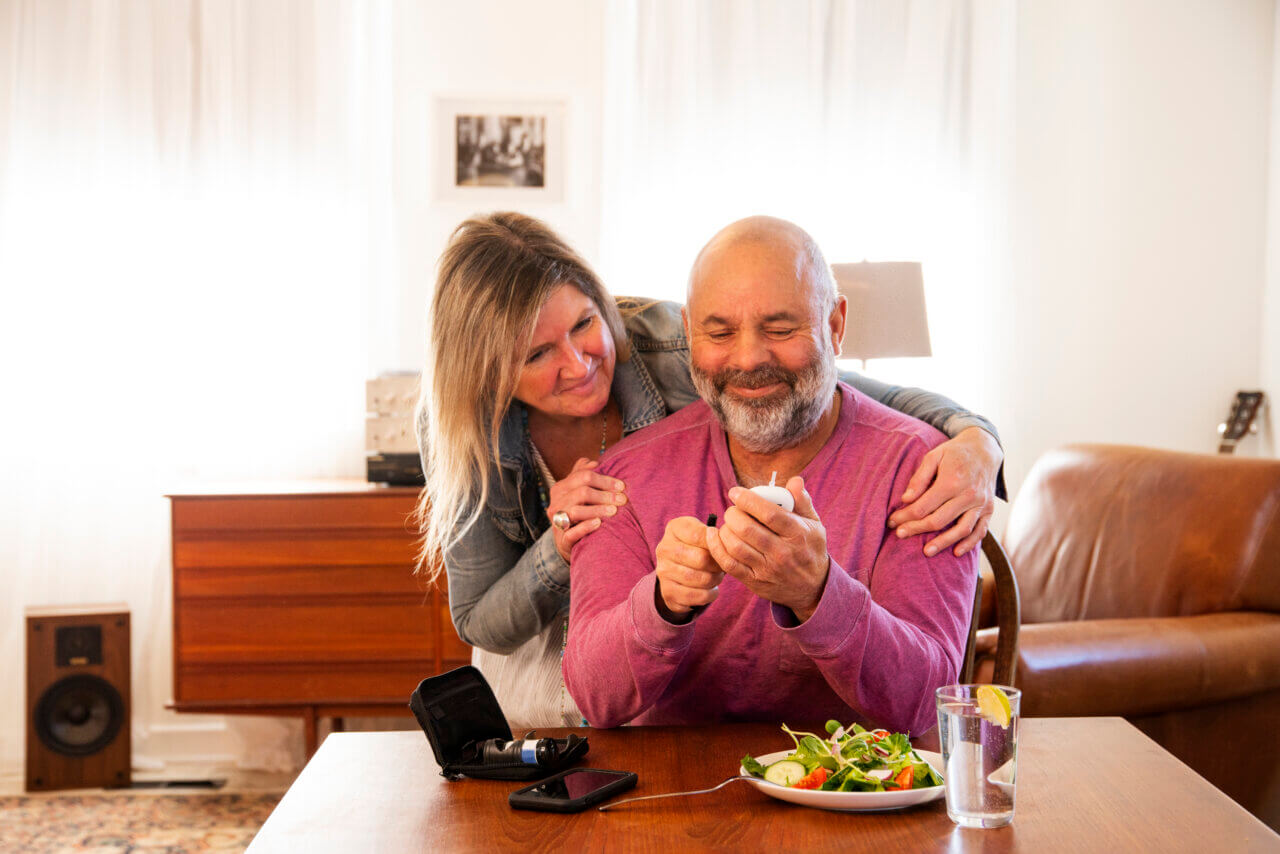7 Fall Sports Tips for Young Athletes

The fall sports season has begun. And if your child plays football, soccer, volleyball or other sports, he or she will be putting a lot of physical strain on their body. Here are some tips to keep young athletes healthy on and off the field:
- Get a physical. If you haven’t already done it, schedule a sports physical for your child. This exam will determine if your child is healthy enough to play. Talk to your child’s doctor about any pre-existing conditions, previous sports injuries and training routines.
- Make sure equipment fits properly. Children grow up fast, which means the gear that fit perfectly last year may be too small now. Have your child try on pads, helmets and other protective equipment to make sure it fits. Examine the gear frequently for wear and tear that may affect its performance.
- Warm-up and cool down. To prevent injuries, have your child spend 10 minutes warming up before a game or practice (light jogging or jumping jacks). Afterwards, have your child cool down with 10 minutes of gentle stretching.
- Drink water. Hydration is a key element for good health. Have teenage athletes drink at least eight, 8-ounce glasses of water a day. Younger athletes should drink five to eight, 8-ounce glasses of water. Avoid energy drinks with caffeine and ephedrine.
- Eat healthy. Make sure your child has a well-balanced diet including lean protein, whole-grains, low-fat dairy, vegetables and fruits. Avoid high-fat, high-sugar foods. And don’t allow your child to skip meals. Many young athletes get ‘butterflies in their stomach’ the day of a game and don’t always want to eat. If that’s the case, provide high-energy, high-nutrient snacks – such as bananas, nuts, peanut butter, yogurt and trail mix – to give your athlete the energy to perform.
- Rest up. Make sure your child gets eight to nine hours of sleep each night.
- Treat injuries immediately. Take scrapes, aches and pains seriously. If your child is hurt, make sure the injury gets immediate medical attention. Clean and cover even minor scrapes to avoid infections. Leave the play-or-no-play decision to your child’s doctor.



